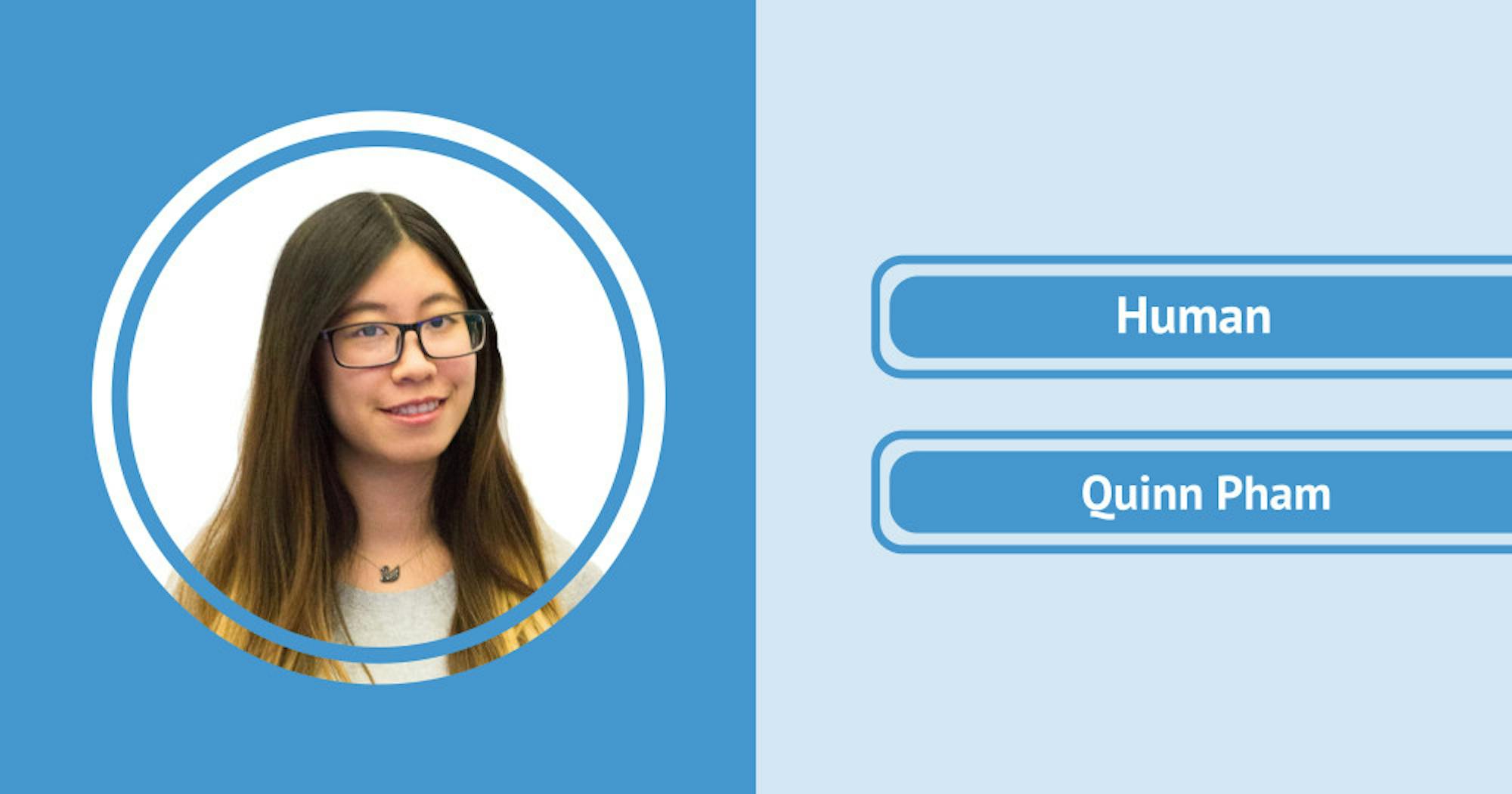Last Thursday, I attended a talk on the rise of artificial intelligence (AI) by Matthias Scheutz, professor of computer science and director of the Human-Robot Interaction Lab at Tufts. Towards the end of the talk, someone asked Professor Scheutz whether he thought there would ever be a point at which AI can replicate human thinking, to which he gave a resounding “No.” He believes that at some point, AI will be able to replicate human behavior quite well, but to replicate thinking -- the actual underlying processes of the brain -- is another thing completely.
Curiosity piqued, I did some of my own thinking. The brain is truly an odd organ. For one thing, my brain is literally thinking about itself right now. For another, I found out that it has a neuron whose sole purpose is to fire when it sees Jennifer Aniston.
Well, more accurately, that neuron doesn’t only fire when it sees Jennifer Aniston. In a 2005 experiment at California Institute of Technology, neuroscientist Rodrigo Quiroga discovered that singular neurons fire for very particular concepts, such as Jennifer Aniston. Another person in the experiment had a neuron that fired for Halle Berry, for example, and yet another person had one that fired for Bill Clinton.
The big discovery was that some neurons are linked to very particular concepts that can be anything -- not just celebrities. When the subject with the Jennifer Aniston neuron was shown photos of Aniston next to the Eiffel Tower, the neuron soon started firing for the Eiffel Tower, even when Aniston was taken out of the picture. This revealed that memories are linked to each other and that neurons can quickly encode new memories.
The brain also uses different regions for emotions and behaviors that may seem related. A June 2018 study by the University of Pennsylvania's Peace and Conflict Neuroscience Lab showed that pleasure and humanization are separate processes that occur in different regions of the brain. For example, someone can like dogs but not think they are completely "human." On the other hand, someone can dislike their co-worker but still acknowledge that they are indeed "human." This finding can be helpful in creating policies that will reduce interpersonal conflict and prejudice.
The point is that the brain works in complex ways. Some ideas, such as Jennifer Aniston (who is actually a very complicated idea), can be recognized by a single neuron. That neuron can then connect that idea with another unrelated idea (the Eiffel Tower) by using a bridge to teach the neuron that the two concepts may be linked. On the other hand, pleasure and humanization can be expressed similarly in daily interactions, but they are processed by separate parts of the brain altogether. How exactly would AI replicate such complicated pathways whose patterns we don’t even truly understand? And if one day, we are able to make AI that can truly replicate our thought processes, then what will become of the brain?






